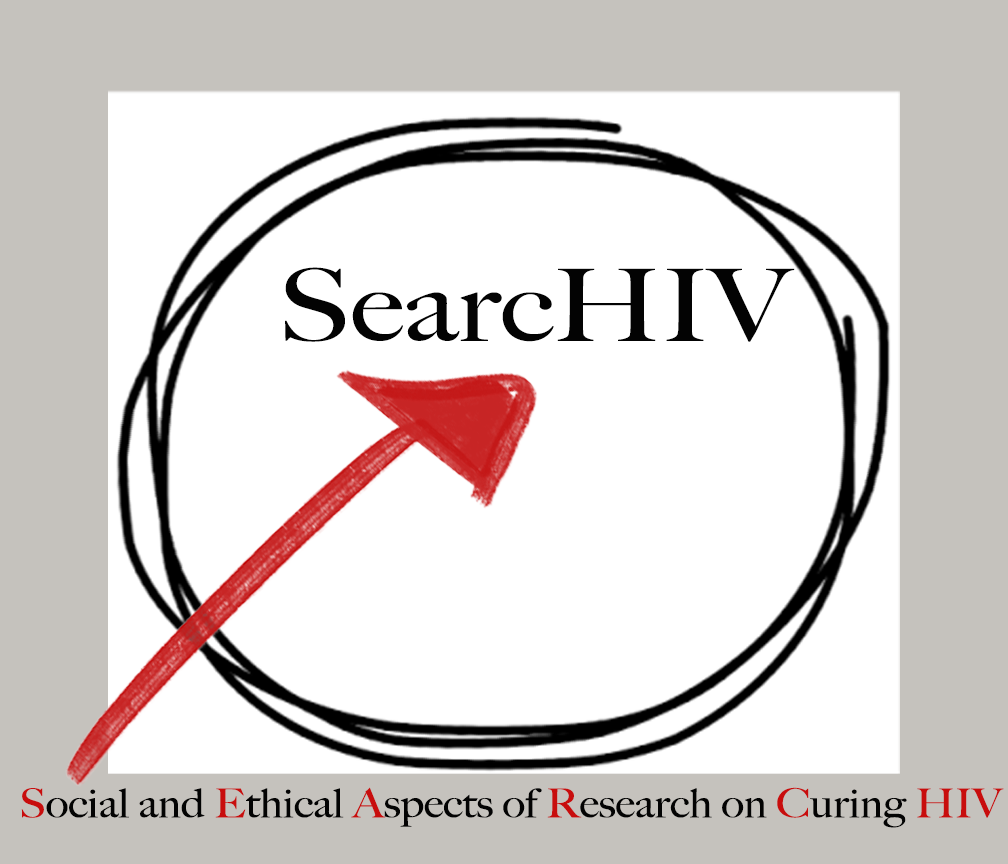By Karine Dubé
 The 7th International HIV Persistence Workshop on during Therapy occurred in Miami from December 8 – 11, 2015. This meeting started occurring bi-annually in 2003 and historically has been centered on HIV reservoirs. HIV reservoirs had been described in 1997 and were found to be the main obstacles for HIV eradication. The HIV persistence meeting gathered approximately 250 researchers and is the reference workshop on HIV reservoirs and cure-related research by the scientific community. More emphasis was placed on the social sciences at this year’s meeting, compared to previous years.
The 7th International HIV Persistence Workshop on during Therapy occurred in Miami from December 8 – 11, 2015. This meeting started occurring bi-annually in 2003 and historically has been centered on HIV reservoirs. HIV reservoirs had been described in 1997 and were found to be the main obstacles for HIV eradication. The HIV persistence meeting gathered approximately 250 researchers and is the reference workshop on HIV reservoirs and cure-related research by the scientific community. More emphasis was placed on the social sciences at this year’s meeting, compared to previous years.
At this year’s conference, a team of community advocates hosted a town hall meeting on Wednesday December 9, 2015 at the Jackson Memorial Hospital in Miami to present local research efforts in Miami led by Mario Stevenson, Chief of the Division of Infectious Diseases within the Department of Medicine at the University of Miami. Community advocates also presented basic information around HIV cure-related research and discussed the possible meanings of an HIV cure.
Of interest to the searcHIV working group:
- Joe Eron from UNC-Chapel Hill reviewed the main challenges in designing clinical studies in HIV cure, including the meanings/definitions of “HIV cure,” the possible intermediate measures (surrogates), design and endpoints, and issues pertaining to sample size and controls.
- Jessica Salzwedel from AVAC presented key considerations related to the implementation of the Good Participatory Practice guidelines in the context of HIV cure-related research.
- Karine Dubé and Jeff Taylor presented the descriptive results of an extensive survey of potential participants’ willingness to participate in HIV cure-related research in the United States conducted earlier in 2015.
Key questions that will need to be addressed to integrate the biomedical and social sciences HIV cure-related research agenda include: 1) the role of the social sciences in basic HIV cure research, 2) the social and ethical considerations of HIV cure-related research, 2) the critical aspects of community and stakeholder engagement and 4) the main conditions to ensure that HIV cure research strategies can be effective and scalable in the real world (Grossman et al., Trends in Microbiology in Press).
For more information:
Link to workshop: http://www.hiv-persistence.com/
Link to program: http://www.hiv-persistence.com/images/2015/pdf/FINAL_PROGRAMME.pdf

